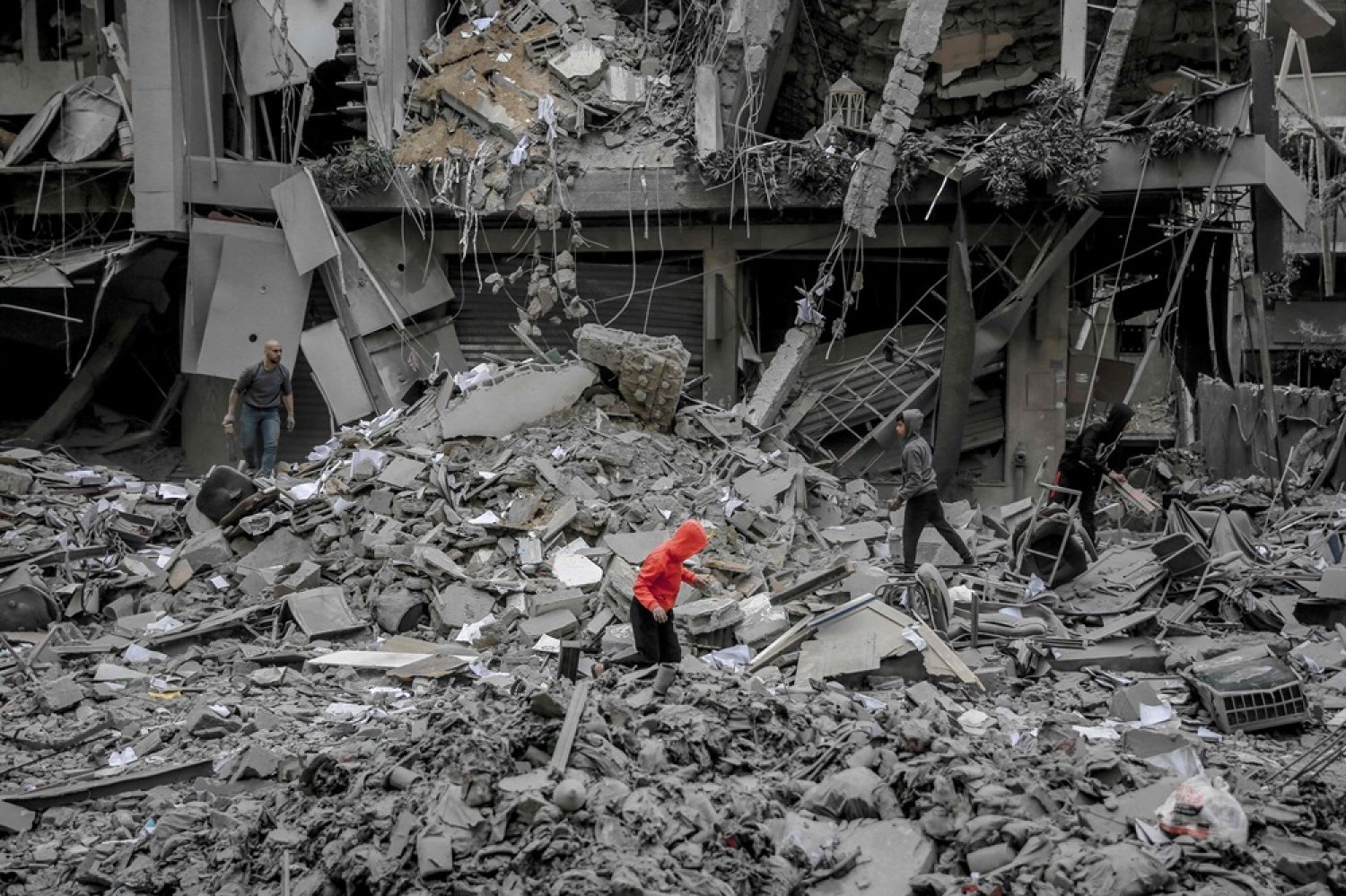Egypt Facilitates Israel’s Latest Ceasefire Proposal – Report
Egyptian intermediaries, speaking to a US publication, have conveyed that Israel has issued a one-week ultimatum to Hamas regarding the current ceasefire proposal and the release of hostages in Gaza. If Hamas does not agree within this timeframe, Israel will initiate its long-anticipated offensive on Rafah.
A high-ranking Hamas official has stated that the group is examining the proposal with a favorable outlook. However, Hossam Badran has accused Israeli Prime Minister Benjamin Netanyahu of attempting to sabotage the potential for an agreement by consistently affirming that the Rafah operation will proceed regardless of Hamas’s decision.
The World Health Organization (WHO) has voiced profound concern over the possibility of a full-scale attack on Rafah, warning that it could result in a massacre among the over one million individuals seeking refuge there.
The Egyptian mediators’ revelation underscores the delicate state of negotiations between Israel and Hamas, with the looming threat of escalation heightening tensions in the region. The one-week deadline imposed by Israel adds a sense of urgency to the discussions, putting pressure on Hamas to swiftly respond to the proposed terms.
Hamas’s cautious but positive reception of the proposal suggests a willingness to engage in dialogue and explore avenues for de-escalation. However, the accusation leveled against Netanyahu by Hossam Badran highlights the contentious dynamics underlying the negotiations. Netanyahu’s steadfast stance on proceeding with the Rafah operation regardless of Hamas’s stance complicates the path towards reaching a peaceful resolution.
The WHO’s alarm over the potential humanitarian catastrophe in Rafah underscores the grave consequences of military action in densely populated civilian areas. The specter of a bloodbath serves as a stark reminder of the human cost of conflict and the urgent need for diplomatic efforts to avert further violence.
As international observers closely monitor the developments, the onus is on both parties to exercise restraint and prioritize the protection of civilian lives. The fate of the ceasefire and the release of hostages hangs in the balance, with the next week crucial in determining the trajectory of the conflict.
In this tense atmosphere, the role of Egyptian mediators as intermediaries assumes heightened importance, tasked with facilitating meaningful dialogue and bridging the gap between the conflicting parties. Their efforts hold the potential to chart a course towards peace and stability in the region, but success hinges on the willingness of all stakeholders to engage constructively and demonstrate a commitment to resolving differences through peaceful means.
As the clock ticks down on the ultimatum, the hopes of millions rest on the possibility of a breakthrough that could spare Rafah and its inhabitants from further devastation. The coming days will test the resolve of both Israel and Hamas, as they weigh the costs of continued conflict against the prospect of a negotiated settlement.


















